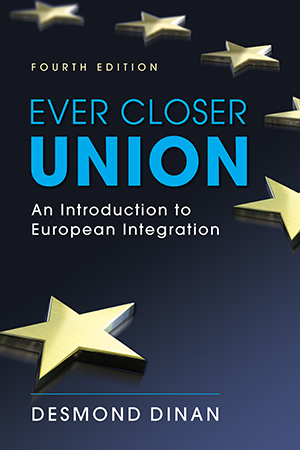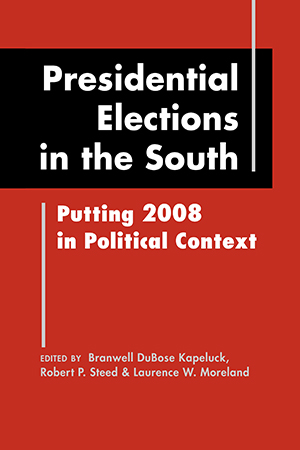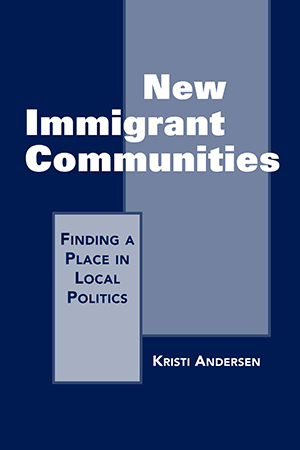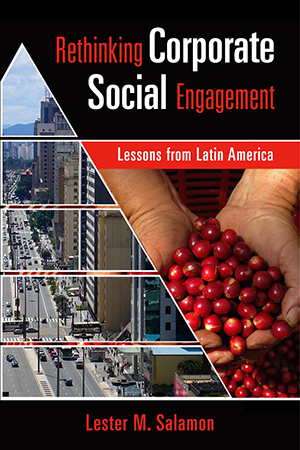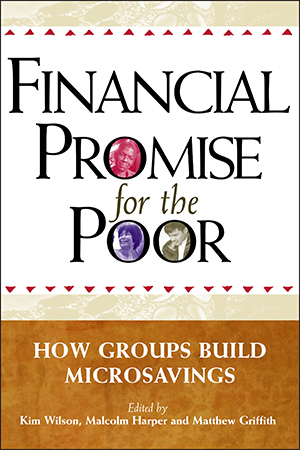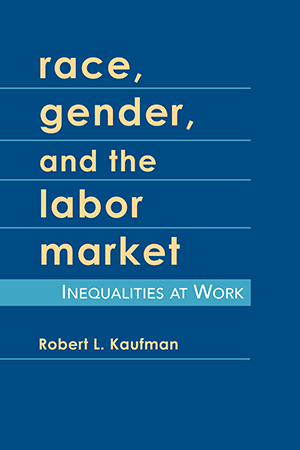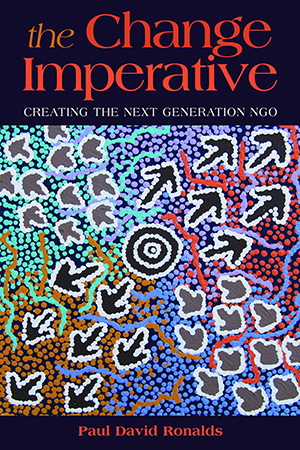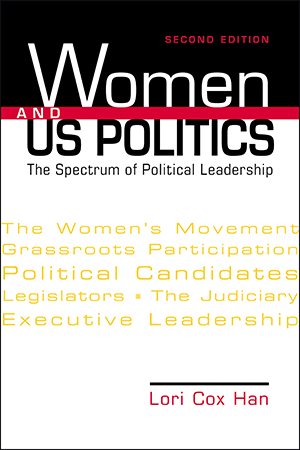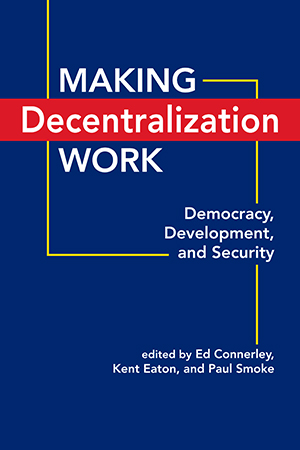BOOKS
In the years since the third edition of Ever Closer Union was published, the EU saw the ratification and implementation of the Lisbon Treaty, further enlargement, leadership changes, policy More >
You can't win the presidency without winning the South, or so the saying goes—but what does "winning the South" actually entail? How is the southern electoral landscape More >
How do US immigrants, who settle in places with varied political and social characteristics, find a place at the table in local politics? In particular, how do arrivals to smaller, More >
Lester Salamon assesses the reality behind the "corporate social engagement" hype in Latin America, examining what forms CSE is taking, how it is being implemented, why businesses More >
Development scholars, policymakers, and practitioners have begun sorting through the hype of microfinance to identify where and how top-down loans might fit into broader development efforts. More >
Can charismatic authority be used to further progressive politics without simultaneously doing damage? Is it possible for a movement with a charismatic leader to achieve an egalitarian More >
Women and minorities have entered higher-paying occupations, but their overall earnings still lag behind those of white men. Why? Looking nationwide at workers across all employment levels More >
Paul David Ronalds draws on his experience as deputy CEO of World Vision Australia to offer a practical guide for international nongovernmental organizations (INGOs) as they face the More >
In this wide-ranging text, Lori Cox Han explores whether—and if so, how—the presence of women on the center stage of US politics is changing the political process. Han More >
It is increasingly difficult to find developing countries whose leaders have not debated or implemented some type of decentralization reform. But has decentralization worked? Does it More >



